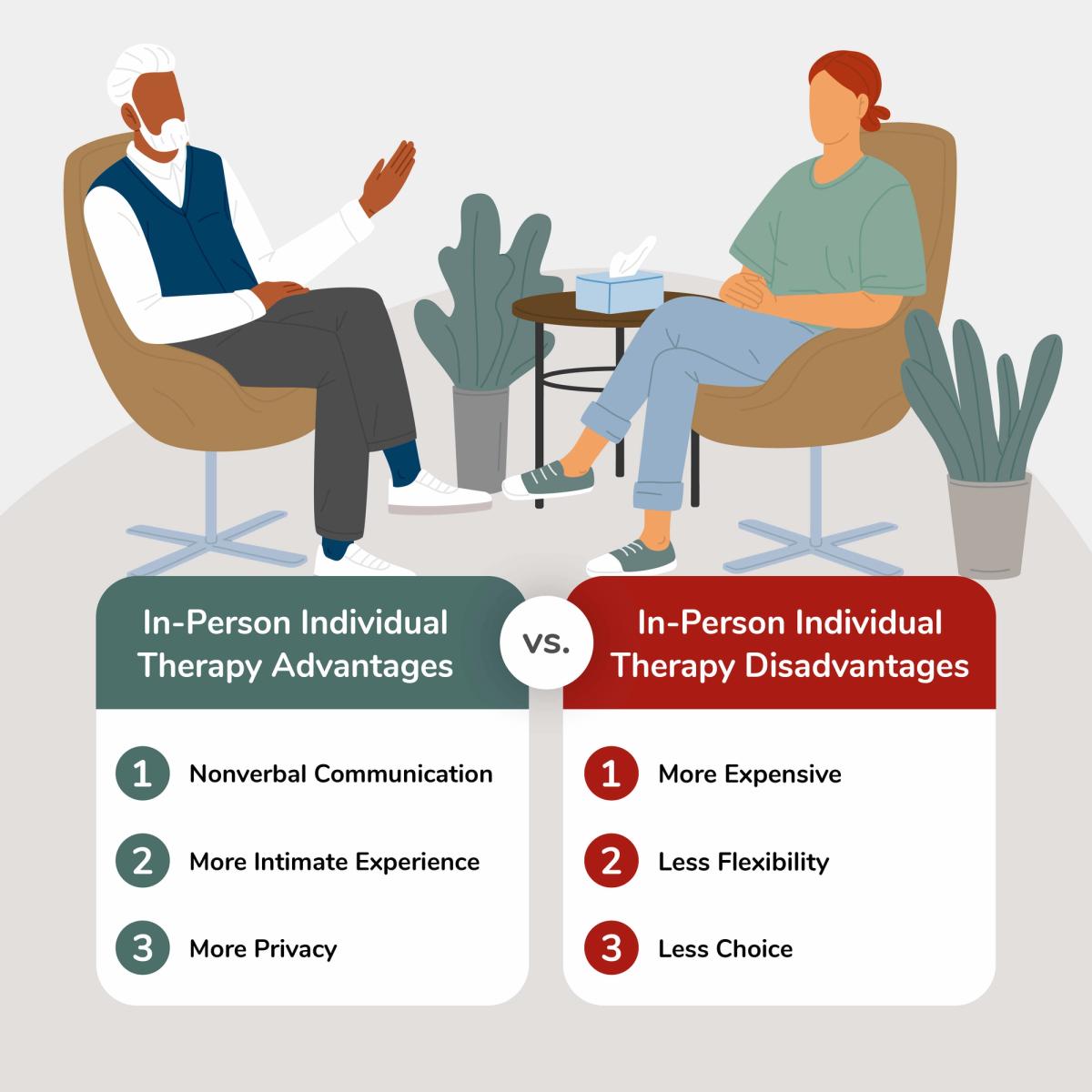Discovering the Benefits of Psychological Therapy for Adolescent Wellness and Development
Psychological therapy plays a crucial duty in the well-being and growth of teens. Adolescence is a tumultuous period marked by social and emotional challenges. Therapy uses an organized atmosphere for teenagers to express their feelings and confront their struggles. It furnishes them with essential tools for resilience and interaction. As they browse this developing phase, the effect of therapy can be extensive. What certain benefits can arise from such support throughout these developmental years?

Recognizing the Teen Mind: Stress and challenges
As teens navigate the complexities of their developing stage, they deal with numerous difficulties and stress that can substantially affect their mental wellness. This period is marked by significant physical, emotional, and social changes, which can induce sensations of confusion and unpredictability. Peer influence escalates, often bring about a battle for acceptance and identification. Academic assumptions can develop added anxiety, as the pressure to succeed places in a progressively competitive atmosphere.
Additionally, the introduction of social media introduces a new layer of complexity, where comparisons to curated online personalities can aggravate feelings of inadequacy and anxiousness. These elements can lead to emotional distress, consisting of stress and anxiety, depression, and low self-esteem. Recognizing these difficulties is necessary for parents, educators, and psychological wellness professionals, as it gives insight into the teen experience and highlights the need for helpful treatments to cultivate durability and well-being during this essential developing stage.
Creating a Safe Area for Expression
Producing a safe area for expression is vital for teens navigating their turbulent developing stage. In restorative setups, this atmosphere promotes open dialogue, enabling teenagers to communicate their sensations without fear of judgment. Such spaces allow them to discover their ideas and emotions, which is crucial for comprehending their identities and experiences.
When teens feel safe, they are most likely to share their battles, including anxiousness, depression, or interpersonal disputes. This open interaction can result in deeper insights and assist in personal development.
In addition, a secure room encourages creativity and self-reflection, offering teens the liberty to reveal themselves via different outlets, such as art or writing. Developing count on in between the therapist and the teenage is essential, as it underpins the performance of the therapeutic procedure. Ultimately, creating a secure room for expression functions as a structure for emotional healing and personal growth throughout these developmental years.
Developing Coping Methods and Durability

Specialists typically introduce techniques such as mindfulness, journaling, and problem-solving abilities, allowing teens to manage their reactions better. Furthermore, by engaging in role-play circumstances, they practice just how to manage challenging situations, reinforcing their self-confidence. Gradually, these skills foster a sense of agency, gearing up teenagers with the tools to browse life's uncertainties. The growth of durability not only help in getting rid of immediate obstacles yet additionally prepares for healthier psychological reactions in their adult years, ultimately adding to lifelong wellness.
Enhancing Communication Skills
Reliable communication skills are necessary for young adults as they navigate complex social landscapes. Psychological therapy plays an important duty in enhancing these abilities, enabling teenagers to reveal their emotions and ideas a lot more plainly. Via assisted sessions, specialists urge teens to express their feelings, promoting far better understanding in peer communications and family members dynamics.
Therapy provides a safe space for practicing active listening, compassion, and assertiveness. These abilities equip young adults to participate in significant discussions, resolve conflicts, and construct more powerful connections. As they learn to communicate effectively, they likewise get self-confidence in their capability to support for themselves and their requirements.
In addition, enhanced communication skills add to emotional intelligence, allowing teenagers to respond and identify to the emotions of others. This all natural growth cultivates a helpful setting, eventually advertising general well-being and social integration. Via mental therapy, teens can grow these crucial abilities for a much healthier social experience.
Promoting Individual Growth and Self-Discovery
Fostering individual development and self-discovery in young adults includes a multifaceted method that motivates understanding of individuality. This procedure also emphasizes the significance of building resilience skills and boosting psychological awareness. With each other, these elements develop a structure for healthier, extra certain individuals as they browse their formative years.
Recognizing Individuality
Exactly how do teens browse the facility landscape of personal identity as they venture for self-discovery and development? Throughout this formative duration, they come to grips with numerous impacts, including peers, family, and societal assumptions. Psychological treatment can serve as an essential tool, providing a safe space for exploration and representation. With guided conversations, teens can express their thoughts and sensations, allowing them to comprehend their values, needs, and beliefs. This procedure cultivates a deeper understanding of their unique identity, equipping them to make enlightened choices i loved this and develop a feeling of purpose. As they take part in self-discovery, they discover to accept their originality and browse challenges with greater clearness, eventually improving their general well-being and personal development.
Structure Strength Skills

Enhancing Psychological Recognition
Enhancing psychological understanding is vital for teens steering the complexities of teenage years, as it allows them to recognize and comprehend their feelings extra properly. By involving in psychological therapy, teens discover to identify their emotional feedbacks and the triggers behind them. This process cultivates personal development and self-discovery, allowing them to articulate their emotions and cope with difficulties more adeptly. As teens establish emotional recognition, they grow compassion, enhance relationships, and boost communication skills. Additionally, this increased understanding help in decision-making, aiding them browse public opinions and develop a feeling of identification. Eventually, promoting psychological awareness via treatment can Full Article result in much healthier coping systems and an extra well balanced emotion, fundamental for growing throughout these developmental years.
Structure Healthy Relationships and Assistance Equipments
While going across the intricacies of adolescence, developing healthy and balanced relationships and support group is essential for young adults. These connections supply psychological security and a sense of belonging, crucial during this developmental stage. Positive relationships with peers, family members, and mentors can boost self-confidence and strength, allowing young adults to browse difficulties a lot more successfully.
Psychological treatment plays a crucial role in cultivating these relationships by furnishing teenagers with interaction and conflict-resolution skills. With therapy, they learn to express their sensations, understand different perspectives, and establish borders, which are fundamental for keeping healthy interactions.
Encouraging networks urge teenagers to look for assistance when required, lowering isolation and advertising mental wellness. They are more likely to engage in constructive actions and make educated choices when teens really feel linked to their assistance systems (Individual Therapy For Teens). Generally, the growing of healthy partnerships and support group contributes in advertising teenage well-being and individual growth
Often Asked Inquiries
Exactly how Do I Find a Qualified Therapist for My Teen?
To locate a certified specialist for a young adult, one need to seek suggestions from medical care service providers, research study credentials online, examine evaluations, and establish the specialist focuses on teen concerns, fostering a supportive environment for growth.
What Are the Expenses Connected With Psychological Treatment for Teens?
The costs connected with mental treatment for teens differ commonly, usually varying from $50 to $250 per session. Insurance policy protection, gliding scale costs, and neighborhood sources can affect affordability and accessibility for family members looking for support.
How Typically Should Teenagers Participate In Treatment Sessions?
Young adults need to preferably participate in treatment sessions regular or biweekly, depending upon private needs. Consistent sessions can foster a secure room for expression, while permitting therapists to check progress and change methods effectively with time.
Can Treatment Work for All Teens?
Treatment can be effective for many teens, however individual outcomes vary. Factors such as personal conditions, openness to the process, and the therapeutic method utilized all affect its performance for each adolescent.
What Should Moms and dads Do During Their Young adult's Treatment Process?
Parents must actively support their young adult's treatment process by keeping open communication, appreciating privacy, attending sessions if invited, and urging their child's efforts (Individual Therapy Toronto). Recognizing and persistence are vital as teenagers navigate their personal growth journey
Psychological therapy plays a crucial duty in the health and development of teens. By involving in Learn More Here mental therapy, teens find out to recognize their psychological responses and the triggers behind them. Psychological therapy plays a critical duty in fostering these partnerships by outfitting teens with interaction and conflict-resolution skills. Teenagers ought to preferably participate in treatment sessions weekly or biweekly, depending on specific requirements. Parents need to actively support their teen's therapy process by keeping open communication, respecting privacy, participating in sessions if welcomed, and motivating their child's efforts.